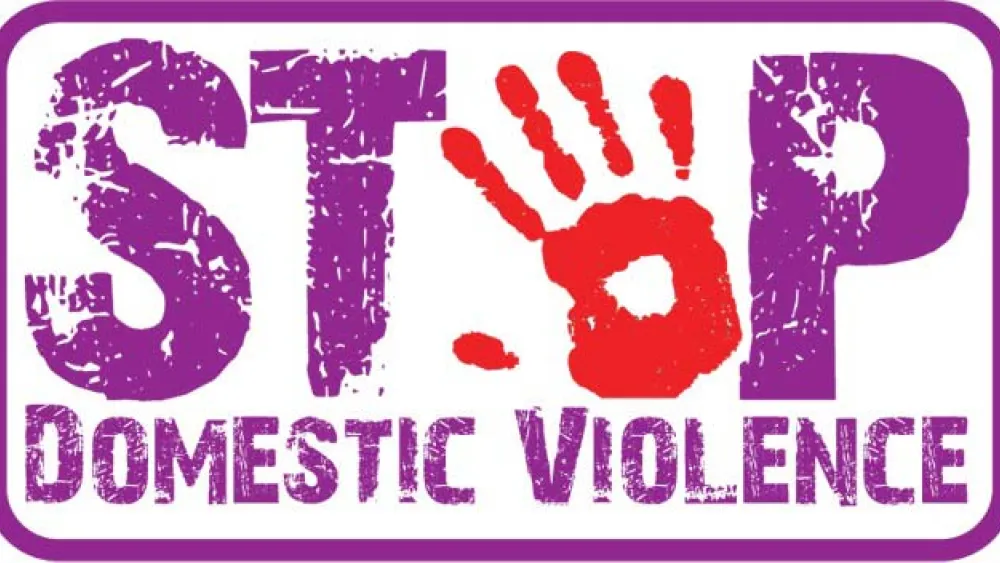Marital
Domestic Violence: Its Everyone's Responsibility


Many perceive domestic violence as a private matter between a husband and a wife. Domestic violence includes incidents occurring between married or dating couples, those in lesbian or gay relationships and abuse of elders by family members.
Abuse is Not Always Physical
Put-downs, public humiliation, name-calling, mind games and manipulation often leave the deepest scars.
Many victims are not allowed to see family and friends due to the abuser’s jealousy. This isolation may result in job loss due to absenteeism or decreased productivity.
The most terrorizing threats include those of physical violence, suicide or taking away the children.
What to Do
If you suspect a friend, family member or co-worker is a victim of domestic violence, you can help. Let the victim know that:
- You are afraid for their and/or their children’s safety.
- The abuse will only get worse and she/he deserves better.
- You’re there when she/he needs you or is able to leave.
- You will help her/him develop a safety plan.
- Best Care EAP is available to help (402) 354-8000 or (800) 801-4182.
Help End the Cycle
- Call the police if you see or hear evidence of domestic violence.
- Speak out publicly against domestic violence.
- Encourage your neighborhood watch to become concerned for domestic violence as well as for burglaries and other crimes.
- Reach out to support a victim, or by talking with a person you believe is being abusive.
- Help educate others by inviting speakers to your church, workplace or civic group.
- Support domestic violence counseling programs and shelters.
For more information or if you are in need of help, contact your Best Care EAP. A professional counselor is available to help. Appointments are completely confidential.
To schedule your confidential appointment, call (402) 354-8000 or (800) 801-4182, or send an email.
Domestic Violence Hotline: 800-799-SAFE
